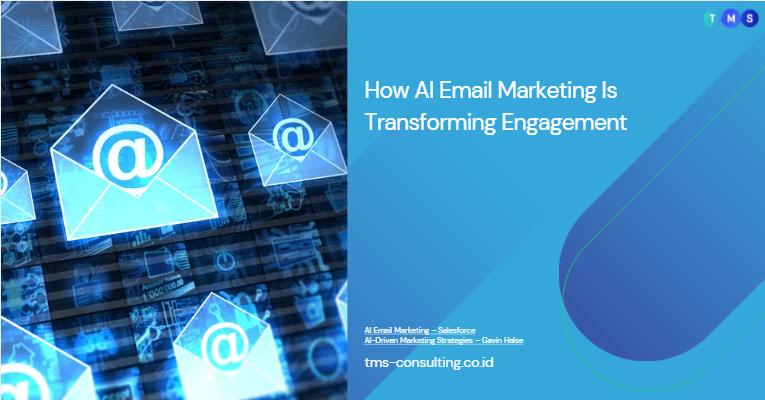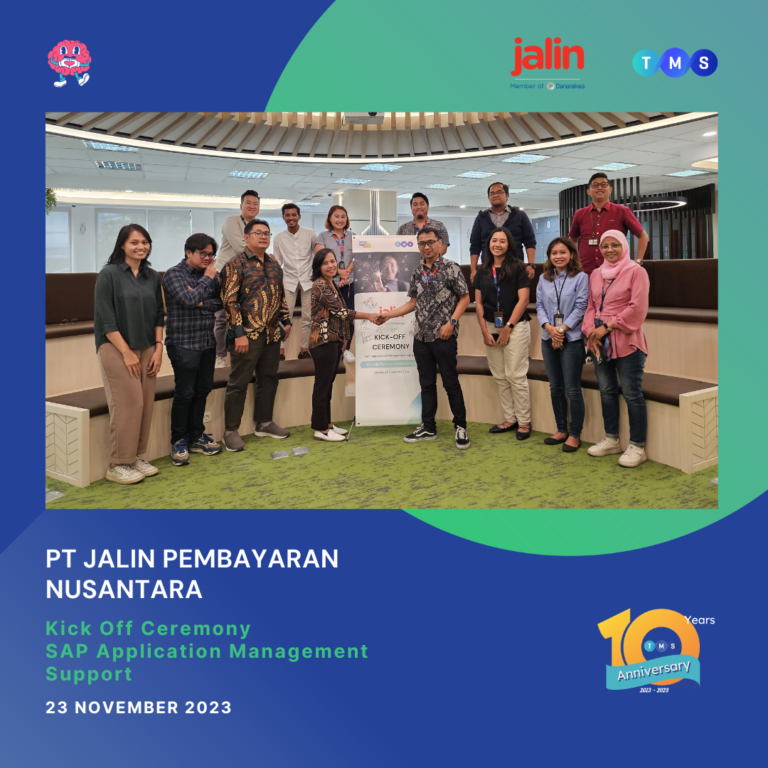In an era where inboxes are flooded and consumer attention is scarce, leveraging artificial intelligence in email marketing is no longer a “nice to have” it’s becoming a competitive necessity. According to Salesforce, “AI in email marketing uses machine-learning algorithms to personalize content, optimize send times, and segment audiences.”
Why AI Matters in Email Marketing
Traditional email campaigns often relied on broad segmentation and manual content generation. But today’s customers expect relevance, timely messages, and personal experiences. AI makes this possible at scale. For example, one study found an AI-driven email marketing approach boosted click-through rates by about 13% and improved open rates via subject-line optimization.
From generating multiple subject-line variants to selecting optimal send times based on behaviour, AI empowers marketers to cut through inbox noise and deliver truly relevant content. Salesforce’s blog emphasises how AI helps improve open rates, increase results, and support A/B testing.
Core Capabilities of AI-Powered Email Campaigns
Here are some of the major functionalities AI brings to email marketing:
- Personalisation at scale: AI analyses past behaviour and preferences to deliver content that resonates with each individual.
- Send-time and frequency optimisation: AI can determine when each recipient is most likely to engage, increasing the chance your email hits at the right moment.
- Automated content generation: Generative AI tools can create subject lines, body copy, or even variants of emails, enabling rapid testing and iteration.
- Smarter segmentation: Beyond basic demographics, AI segments based on behaviour, propensity to act, lead score, etc., making messages more relevant.
Benefits & Business Impact
When done right, AI-email marketing delivers clear results:
- Improved engagement metrics (open-rate, click-through) thanks to relevance and timing.
- Better ROI on email campaigns as you spend less on broad blasts and more on targeted, effective sends.
- Greater operational efficiency: marketers spend less time drafting generic emails and more time on strategy.
- Competitive differentiation: Companies that adopt AI-enabled email marketing gain an edge in crowded inboxes and markets.
Challenges to Watch
However, AI in email marketing isn’t plug-and-play. Some of the key challenges include:
- Ensuring data quality and integration: AI relies on accurate, connected data sources.
- Maintaining brand voice and human touch: Even the best AI-generated copy needs human oversight.
- Choosing the right tools and platforms: As AI options proliferate, the wrong technology investment can waste time and budget.
- Ethical and privacy considerations: Personalisation must respect consent and data regulations.
Best Practices for Implementation
To maximise the impact of AI email marketing, start with clear goals, whether improving open rates, boosting conversions, or re-engaging inactive audiences. Build a strong data foundation that is clean, enriched, and well-integrated to help AI work effectively. Use AI to generate and optimize content, including subject lines, send times, and audience segments, then continuously test and refine based on performance. Keep human oversight in the loop to maintain brand voice and creative quality, and always align your results and iterations with broader business outcomes.
Ready to make your email marketing smarter and more effective?
TMS Consulting helps organizations design and implement AI-enabled email marketing strategies tailored to your business needs. From data architecture to automation workflows and content optimization, we turn your inbox into a growth engine with TMS Consulting.
References :






